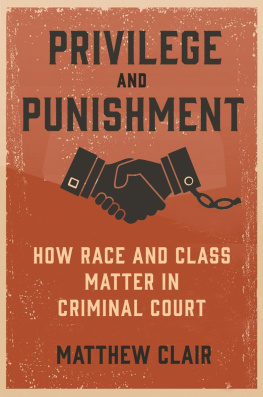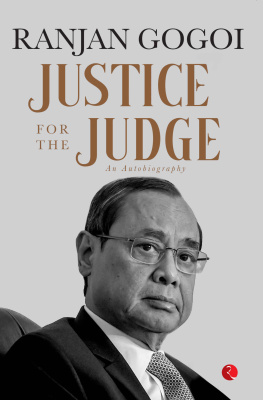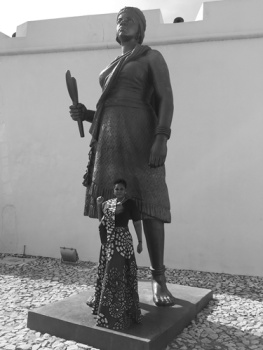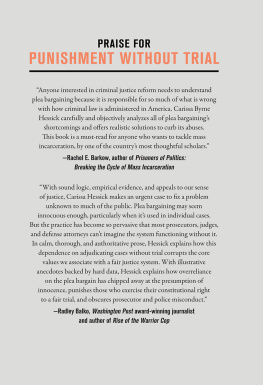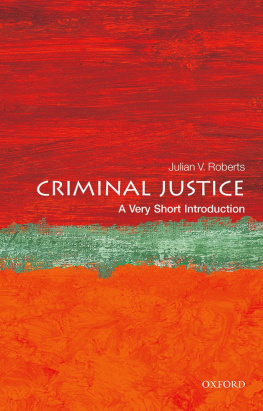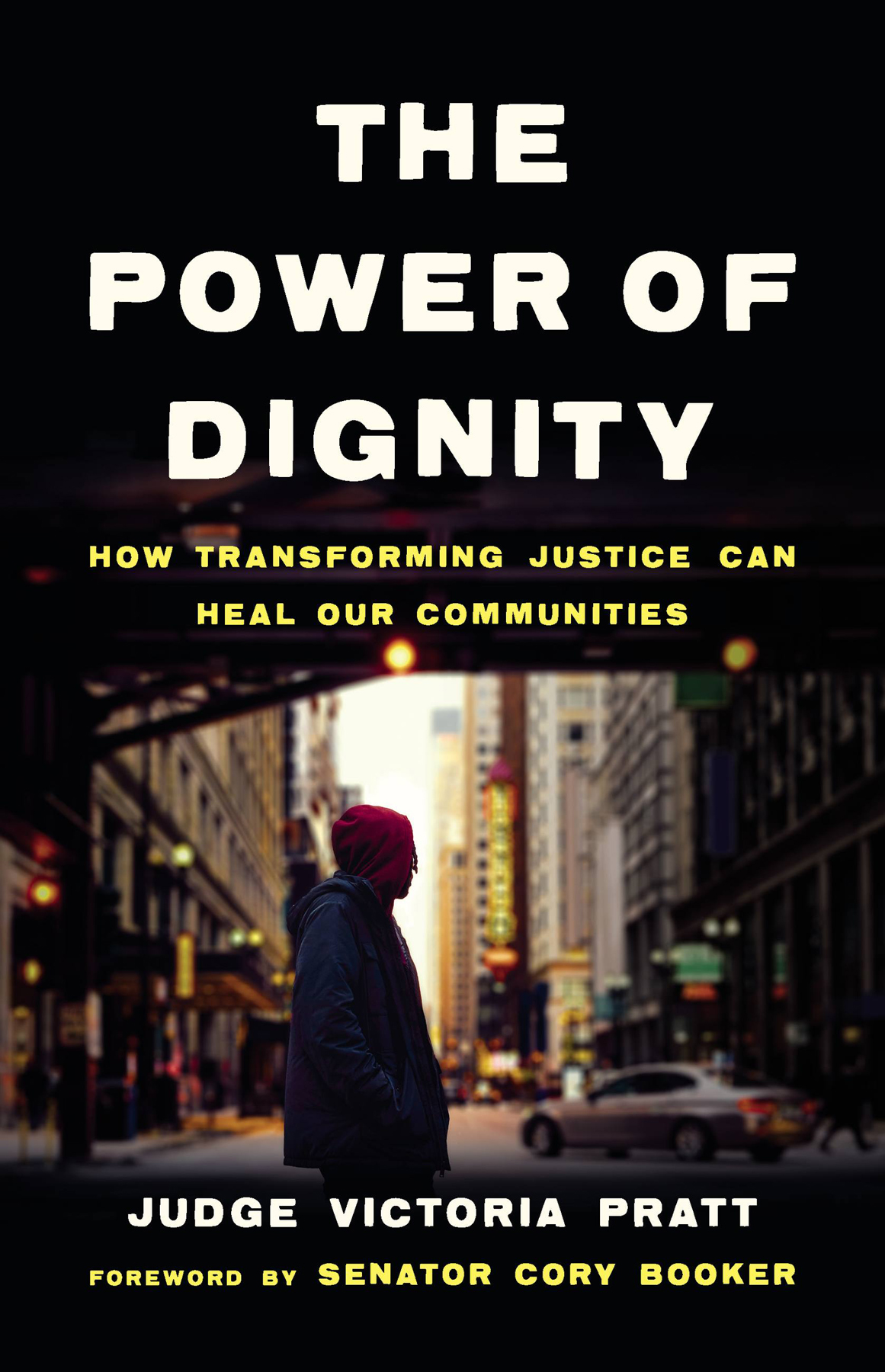
Copyright 2022 by Victoria Pratt
Foreword copyright 2022 by Cory Booker
Cover design by Ann Kirchner
Cover image Victor Bordera / Stocksy.com
Cover copyright 2022 Hachette Book Group, Inc.
Hachette Book Group supports the right to free expression and the value of copyright. The purpose of copyright is to encourage writers and artists to produce the creative works that enrich our culture.
The scanning, uploading, and distribution of this book without permission is a theft of the authors intellectual property. If you would like permission to use material from the book (other than for review purposes), please contact permissions@hbgusa.com. Thank you for your support of the authors rights.
Seal Press
Hachette Book Group
1290 Avenue of the Americas, New York, NY 10104
www.sealpress.com
@sealpress
First Edition: May 2022
Published by Seal Press, an imprint of Perseus Books, LLC, a subsidiary of Hachette Book Group, Inc. The Seal Press name and logo is a trademark of the Hachette Book Group.
The Hachette Speakers Bureau provides a wide range of authors for speaking events. To find out more, go to www.hachettespeakersbureau.com or call (866) 376-6591.
The publisher is not responsible for websites (or their content) that are not owned by the publisher.
Library of Congress Cataloging-in-Publication Data
Names: Pratt, Victoria, author.
Title: The power of dignity: how transforming justice can heal our communities / Judge Victoria Pratt; foreword by Senator Cory Booker.
Description: New York, NY: Seal Press, [2022] | Includes bibliographical references.
Identifiers: LCCN 2021056788 | ISBN 9781541674837 (hardcover) | ISBN 9781541674820 (ebook)
Subjects: LCSH: Criminal justice, Administration ofUnited States. | Respect for personsLaw and legislationUnited States. | Fairness.
Classification: LCC HV9950 .P72 2022 | DDC 364.973dc23/eng/20220105
LC record available at https://lccn.loc.gov/2021056788
ISBNs: 9781541674837 (hardcover), 9781541674820 (ebook)
E3-20220420-JV-NF-ORI
To my beloved mother, Elsa, thank you for giving
me everything I would need for my lifes journey.
Que Dios me la bendiga.
To my awesome husband, Paul, and cherished son,
Hendrick, thank you for filling my life
with love, laughter, and light.
Explore book giveaways, sneak peeks, deals, and more.
Tap here to learn more.

Remember those in prison as if you were together with them in prison, and those who are mistreated as if you yourselves were suffering.
HEBREWS 13:3, THE BIBLE, NEW INTERNATIONAL VERSION
T he problems of our broken justice system are systemic, but its consequenceslives extinguished, families severed, futures stolenare seen in individual lives and individual trauma. It is that focus on people that Judge Victoria Pratt brought to work every day in the courthouse. Before she arrived, many Newark residents had approached the courthouse with dread, referring to it as The Green Monster.
The Green Monster. A place that eats people up: processing and punishing themfor one person, a fine theyll never be able to pay; for another, a stay in jail that will only exacerbate the problems that keep bringing them into the courthouse. There was little thought of hearing peoples stories, let alone of offering a helping hand. That was just the way it was done.
But Victoria Pratt was determined to not be a typical part of the system. When, as mayor of Newark, I appointed her to the bench in 2009, I pointed out that this wasnt a role the founders had ever envisioned for a Latina, African American woman.
Judge Pratt was the daughter of an African American father and a mother who had emigrated from the Dominican Republic. As youll read, there is plenty of research showing that Judge Pratts approach from the bench works, but Im willing to bet she learned as much about transforming the justice system at the Curly Comb, her mothers downtown beauty salon, as she did at Rutgers Law School.
Judge Pratt believes in meeting people where theyre at. Newarkers are a proud and resilient people. Historically, the courts and government have failed to serve them in the manner they deserve. As mayor, I was determined to change that. For Judge Pratt, changing that culture meant treating everyone who came before her with respect. We all have an inherent dignity that can be convenient for the justice system to ignore. Her work meant trying to understand the whole person; no one is the worst thing they ever did, or is defined by their trauma, substance use, or poverty. It meant thinking of the justice system as a community-building, not community-corroding, institution. As Judge Pratt writes, how many opportunities to do good have we missed as a country because of our obsession with punishment?
A lot of this comes down to trust: Do we trust our justice system to be fair? Do we trust it to leaven consequences with mercy? Do we even trust it to keep us safe? As we saw in the great wave of protest against racist police violence that swept this country in 2020, the answer for more and more people is no.
For many, its been no for a very long time. When I took over as mayor of Newark in 2006, crime was at an apex, and trust in the institution of justice was at another low ebb. The dilapidated municipal courthouse was a symbol of thatpiles of boxes with folders of individual cases overflowed into the hallways. Sitting in a courtroom watching people get arraigned one after the other, it could feel more like a factory. Head across the street for a cup of coffee, and you might hear people angrily dismissing the court as only interested in taking our money.
The outcomes such an institution generates are the opposite of what people say they want. Untold sums of money are poured into a system that is very far from just and often only makes communities less safe. It imprisons the poor, the mentally ill, people with substance use disorders, survivors of trauma and sexual abuse, and above all Black and Brown people. Its a system that wastes what is every communitys greatest natural resource: its people.
Attempting to fix this in Newark was not the work of a moment. Appointing Judge Prattsomeone who knew and felt accountable to the community she servedwas part of that effort. Another milestone was the creation of Newark Community Solutions, New Jerseys first community court, and asking Judge Pratt to occupy its bench.
Created with the Center for Court Innovationwhich had already pioneered similar successful courts in Manhattan and BrooklynNewark Community Solutions grew from a simple idea: what if, rather than seeing an opportunity for punishment, we saw someones ending up in the criminal justice system as an opportunity to get that person help so they wouldnt end up in the same place again?
You will read the stories in this book: the father who needs help with his addiction so he can reconnect with his son; the homeless veteran who needs treatment and gets assistance from Veterans Affairs through the court; the young man struggling with mental illness who is finally connected to a therapy and treatment program and gets his life on track.
Social workers, counselors, and community-based services make up the heart of Newark Community Solutions. Redirecting money from the justice system into alternative forms of community and social support was one of the central rallying calls of the 2020 protests. With its focus on treatment over jail, the community court movementwhile remaining squarely part of the traditional systemarguably laid some of the groundwork for what blossomed into a more radical demand for alternatives.


